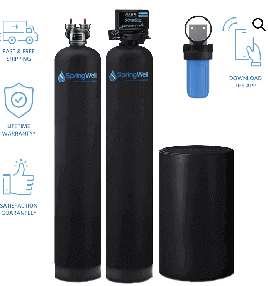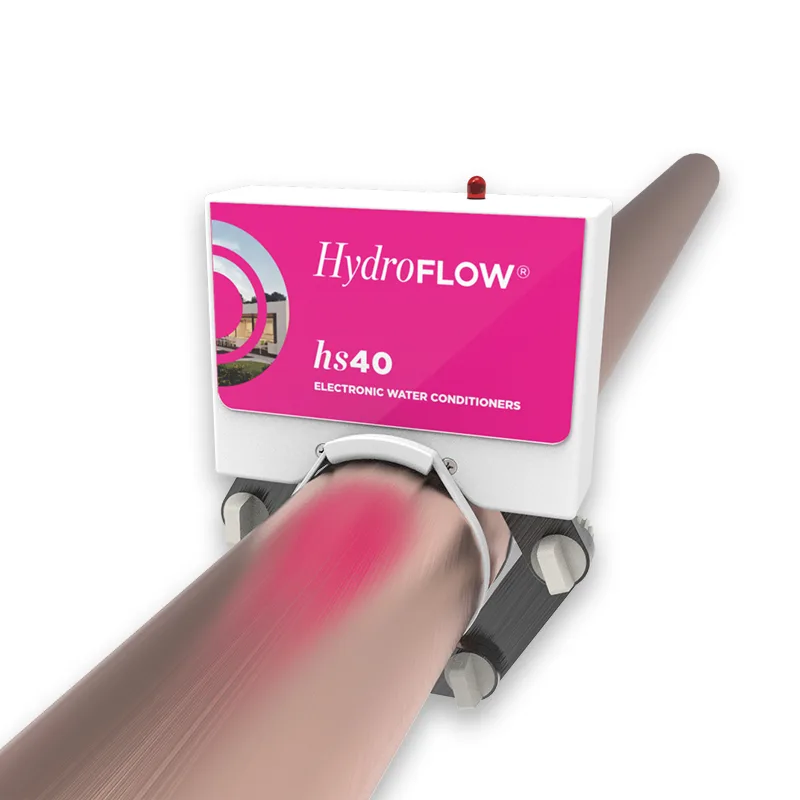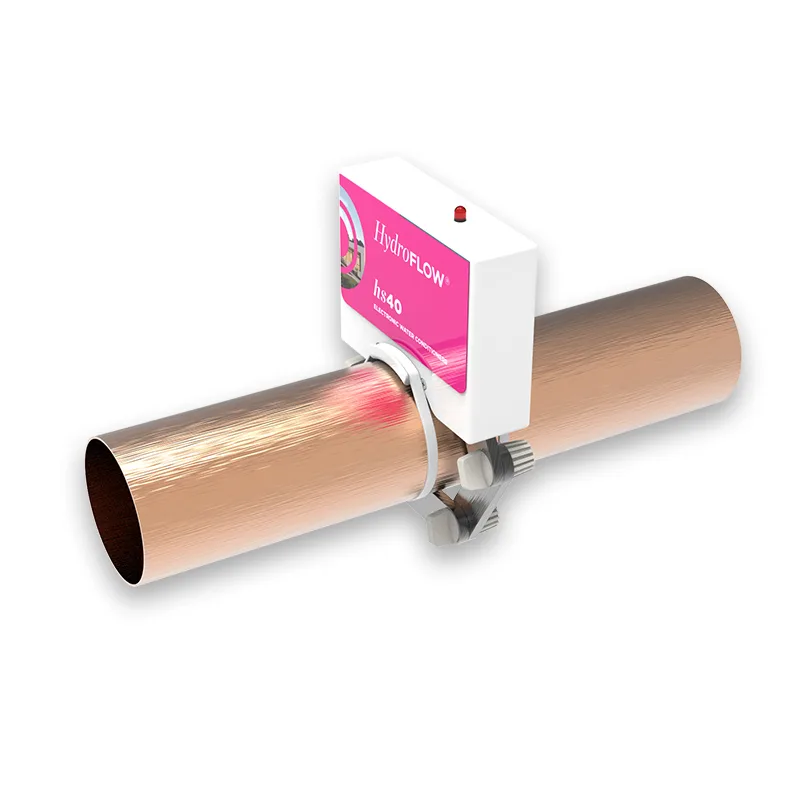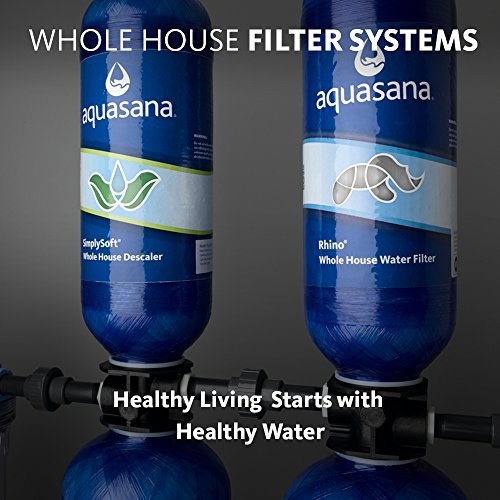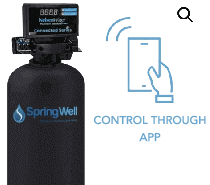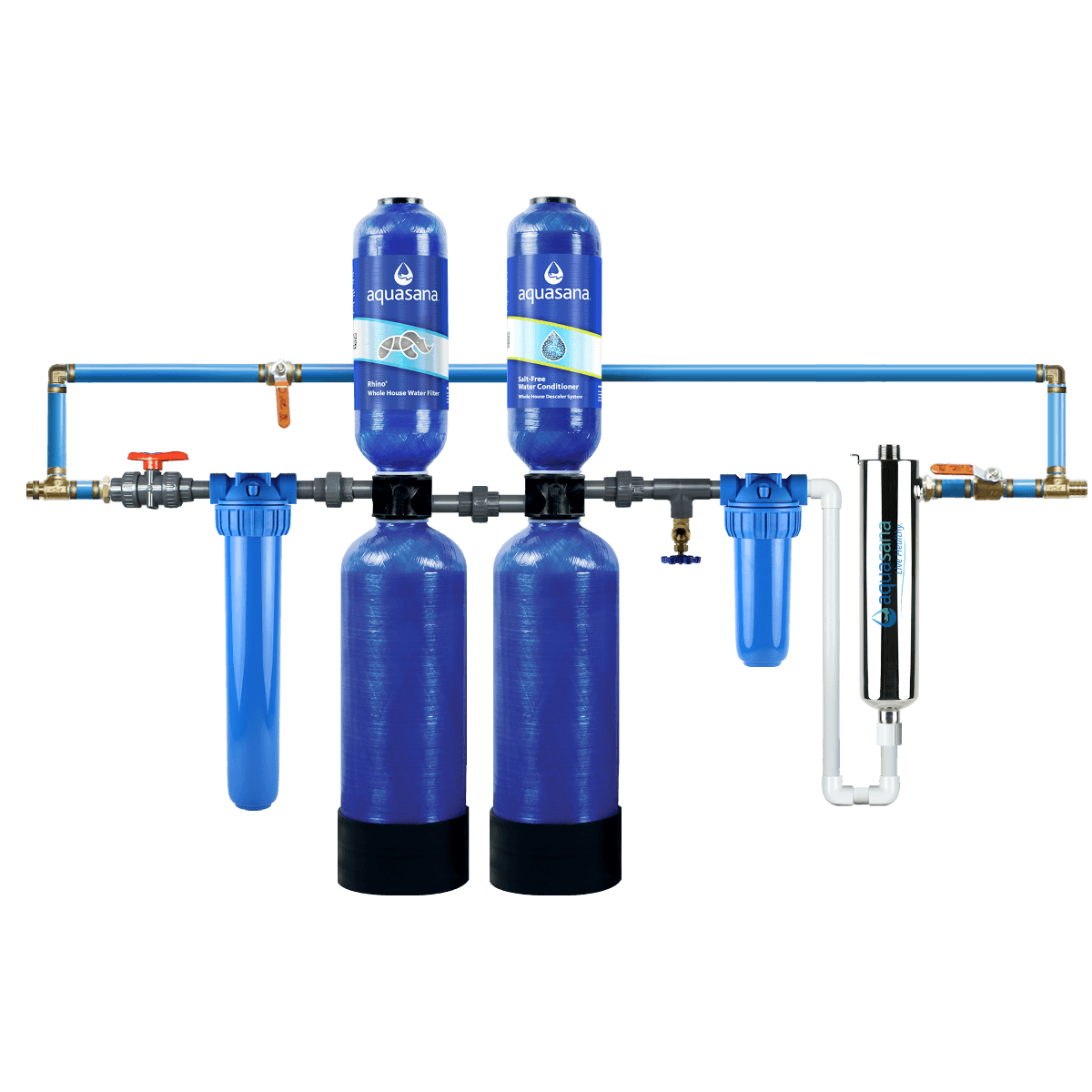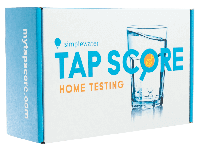- Home
- Health
- Water Softener Guide
- Water Treatment
Private Sewers & Septic Systems
- About Private Sewers Sysytem And Septic Systems
- Lateral Root Notification Program
- Fats, Oil & Grease
- Spills & Black Water Valves
- Help Protect The Enviroment
- Septic Systems
- About
Water Softeners Vs Water Conditioners
Mechanism
- Ion Exchange: It involves the exchange of calcium and magnesium ions with sodium ions.
- Regeneration Cycle: When the resin bed is saturated with hard minerals, a regeneration cycle is initiated to flush out the trapped minerals and replenish the sodium ions.
Result
Prevents limescale formation.
Reduces corrosion in appliances.
Enhances the efficiency and lifespan of household appliances.
Water Conditioners
Water conditioners are systems designed to improve water quality, but not necessarily soften it. They alter the state of minerals, reducing their ability to adhere to surfaces, rather than eliminating them.
2. Electromagnetic or Magnetic Water Conditioners:
- Mechanism: Utilize magnets to change the molecular structure of water, reducing mineral adherence.
- Application: Helpful in reducing limescale but doesn’t produce soft water.
- Limitation: Efficacy is debatable; the treated water reverts back after around 48 hours.
3. Salt-Free Water Softeners:
Water Softener vs Water Conditioner: Comparative Analysis
Water Softener:
- Function: Removes hard water minerals like calcium and magnesium via ion exchange.
- Process: Uses salt to replace hard minerals, requires regular maintenance.
- Benefits: Enhances appliance lifespan, improves cleaning efficiency, reduces plumbing issues.
Water Conditioner:
- Function: Treats various water quality issues, including some level of hardness, taste, and odor.
- Process: Utilizes methods like filtration and electromagnetic treatment, typically lower maintenance.
- Benefits: Enhances water taste and odor, can remove contaminants, and offers diverse solutions.
Key Differences:
- Focus: Softeners are for hard water; conditioners address broader water quality issues.
- Method: Softeners use ion exchange with salt; conditioners have varied methods, often salt-free.
- Maintenance: Softeners require regular salt replenishment; conditioners often have less upkeep.
Choice Criteria:
Determining the Right Solution: Water Softener vs Water Conditioner
Understanding Your Needs:
Deciding between a water softener and conditioner depends on how bad the hard water issue is. Assessing your specific water hardness level is crucial in making an informed decision.
Water Hardness Levels:
Conducting a water hardness test provides a GPG (Grains Per Gallon) level, a key metric to decide between a softener and conditioner.
Water Softener:
- Best for: Medium to very hard water
- Issues Addressed: Significant limescale buildup, white stains around pipes and plumbing.
- Solution: Removes hard minerals, preventing future buildup.
Water Conditioner:
Best for: Low to medium hard water
Issues Addressed: Mild mineral buildup, concerns for future limescale issues.
Solution: Conditions water to mitigate limescale buildup but doesn’t remove hard minerals.
Technology Highlight: Aquasana SCM SimplySoft Salt-Free Technology:
Final Thoughts:
A precise water hardness test will guide your choice, ensuring that the solution implemented is tailored to the severity of your hard water issues. Each option, softener or conditioner, offers distinct benefits aligning with the varying levels of hard water severity. Always consider the intensity of the hardness issue when opting for a solution to achieve optimal results.




